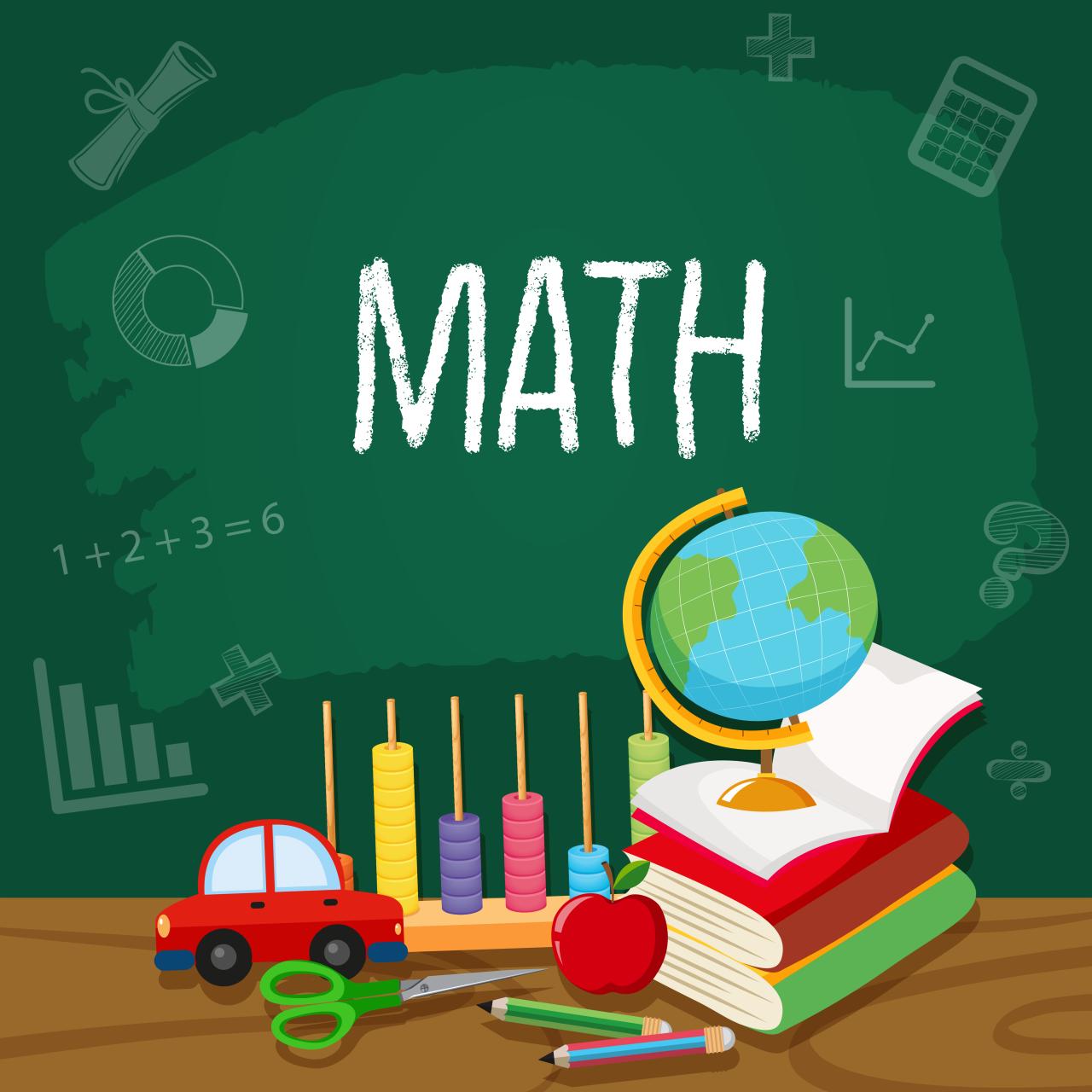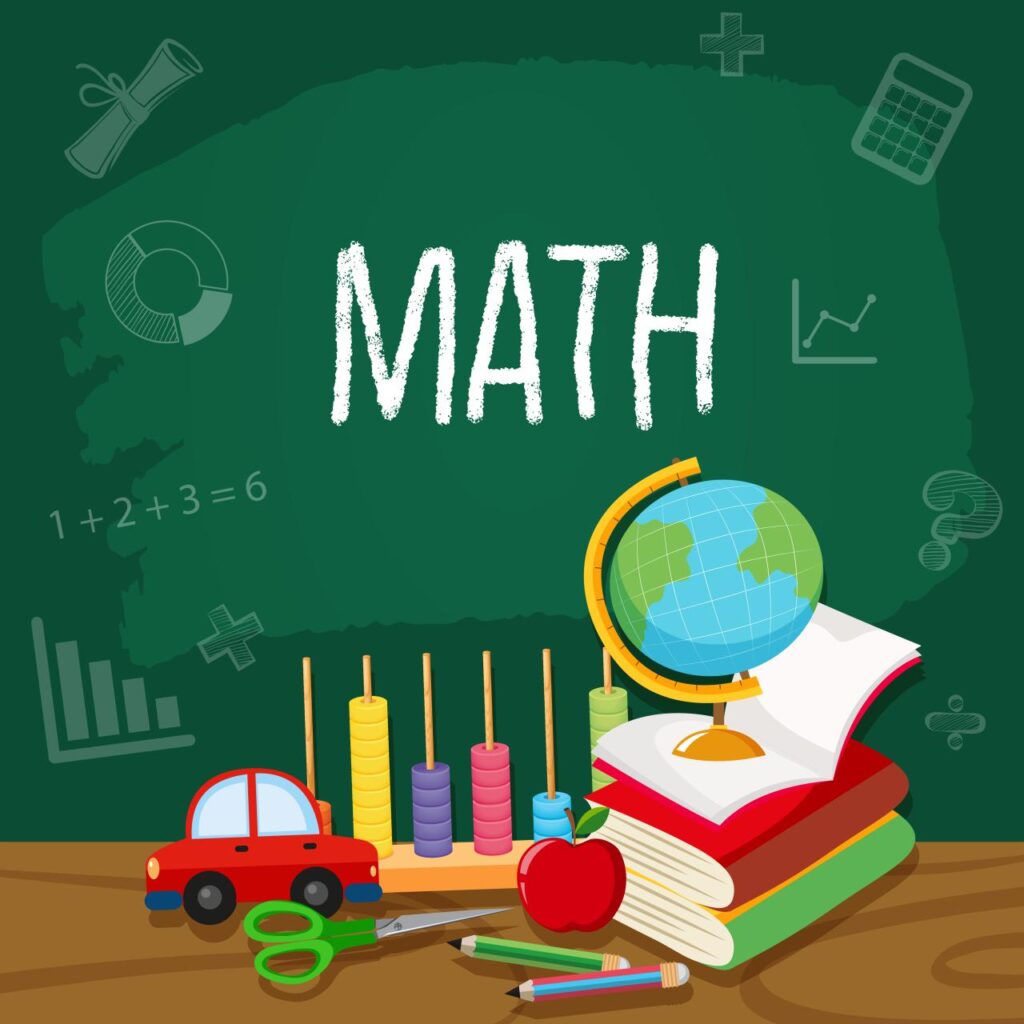Puzzle games have captivated minds for generations, offering players a tantalizing blend of challenge and entertainment. Whether it’s the satisfying snap of jigsaw pieces fitting together or the mental gymnastics required to solve a tricky logic puzzle, these games engage our brains in delightful ways. Each genre, from word puzzles that test our vocabulary to intricate logic puzzles that push our reasoning skills, contributes uniquely to the gaming landscape, evolving significantly over the years with innovative designs and captivating themes.
As we delve deeper into the world of puzzle games, we uncover not only the diverse types available but also the underlying mechanics and challenges that define them. Notable examples throughout history highlight how these games have changed, showcasing a rich tapestry woven with creativity and intellect.
Popular Types of Puzzle Games
Puzzle games have long captivated players with their ability to challenge the mind while providing enjoyment. These games come in various forms, each offering unique mechanics and challenges that appeal to different types of gamers. From the classic jigsaw puzzles to modern logic and word puzzles, the genre continues to evolve, bringing new experiences and excitement to players around the globe.
Puzzle games can be broadly categorized into several types, each with its distinct features and gameplay mechanics. Understanding these types helps players choose the games that best suit their interests and skills. Below is a detailed exploration of the popular genres of puzzle games, their mechanics, and the evolution they have undergone over the years.
Logic Puzzles
Logic puzzles invite players to use reasoning and deduction to solve problems. These puzzles often present scenarios where the player must determine relationships or outcomes based on given clues and constraints. The complexity of logic puzzles can vary significantly, ranging from simple riddles to intricate challenges that require advanced analytical skills.
The fundamental mechanics of logic puzzles often involve:
- Deductive Reasoning: Players must deduce information based on clues provided, often leading to a single solution.
- Sequential Thinking: Many logic puzzles require players to think several steps ahead, planning their moves to reach the desired outcome.
- Pattern Recognition: Identifying patterns is crucial in many logic puzzles, allowing players to make connections and solve challenges efficiently.
Notable examples include Sudoku, where players fill a grid with numbers while adhering to specific rules, and the classic game of Minesweeper, which requires strategic thinking to navigate hidden mines.
Jigsaw Puzzles, Puzzle games
Jigsaw puzzles are timeless classics that have undergone significant transformation from physical pieces to digital formats. These puzzles typically consist of many interlocking pieces that players must assemble to create a complete picture. The challenge lies in recognizing how pieces fit together based on color, shape, and imagery.
The mechanics of jigsaw puzzles focus on:
- Spatial Awareness: Players must visualize how pieces connect and interact within the larger image.
- Attention to Detail: A keen eye is necessary for spotting subtle differences in colors and patterns across pieces.
- Problem Solving: Players often need to try various combinations before finding the correct fit for each piece, requiring patience and perseverance.
In recent years, digital jigsaw puzzle apps have gained popularity, allowing players to enjoy assembling puzzles in various themes and complexities without the physical mess.
Word Puzzles
Word puzzles challenge players’ vocabulary and language skills through engaging gameplay centered around letters and words. These puzzles can take many forms, from crosswords and anagrams to word searches and letter jumble challenges, appealing to a wide range of players who enjoy linguistic exercises.
Key mechanics of word puzzles include:
- Language Proficiency: Players must have a strong grasp of vocabulary and spelling to excel in word puzzles.
- Critical Thinking: Many word puzzles require players to think outside the box, using creativity to form words or complete phrases.
- Pattern Recognition: Identifying letter patterns and common word formations is often essential to solving word puzzles quickly.
Popular examples include the New York Times crossword puzzle, known for its challenging clues, and the mobile game Wordle, which has become a global sensation, prompting daily competition among players.
The Evolution of Puzzle Games
Puzzle games have significantly evolved over the years, adapting to technological advancements and changing player preferences. From traditional board and physical puzzles to interactive digital formats, the evolution is marked by innovative designs and engaging gameplay.
Significant milestones in the evolution of puzzle games include:
- The Birth of Computer Puzzles: The 1980s saw the emergence of computer-based puzzle games like Tetris, which revolutionized the genre with its addictive gameplay and simple mechanics.
- Mobile Gaming: The rise of smartphones led to a new era of puzzle games, with titles like Candy Crush Saga and Monument Valley captivating millions with colorful graphics and engaging mechanics.
- Augmented Reality: Recent advancements in AR technology have given rise to immersive puzzle experiences, where players can interact with puzzles in real-world environments, enhancing engagement and interactivity.
This evolution reflects the enduring appeal of puzzles and their ability to adapt to new formats, ensuring that they remain a staple of gaming culture today.
Strategies for Solving Puzzle Games

Puzzle games require a unique blend of creativity and logic, challenging players to think critically and strategically. Developing effective strategies can greatly enhance your problem-solving skills and make the gaming experience more enjoyable. This section explores various techniques to refine your approach to puzzle games, focusing on structured methods and efficient time management.
Techniques to Improve Problem-Solving Skills
Improving problem-solving skills in puzzle games involves understanding distinct strategies that can be applied across various types of puzzles. By adopting these techniques, players can boost their cognitive abilities and tackle challenges more effectively.
- Pattern Recognition: Many puzzles follow specific patterns. Practice identifying these patterns by analyzing previous puzzles you’ve solved.
- Break Down the Problem: Divide complex puzzles into smaller, manageable parts. Focus on solving one segment at a time before piecing it back together.
- Trial and Error: Don’t hesitate to experiment with different solutions. This method often leads to breakthroughs that conventional thinking might overlook.
- Stay Calm and Focused: Maintain a clear mind. Stress can hinder your ability to think logically, so take breaks if you feel overwhelmed.
Step-by-Step Methods for Approaching Complex Puzzles
When faced with intricate puzzles, employing a structured approach can simplify the solving process. Here is a reliable method to tackle these challenges effectively.
- Analyze the Puzzle: Take time to understand the rules and objectives. Read all instructions thoroughly before making any moves.
- Identify Key Components: Look for important pieces or clues that could guide your solution. Highlight or note these down for easy reference.
- Develop a Strategy: Formulate a plan based on your analysis. Decide which sections to tackle first, based on the clues you have identified.
- Implement and Iterate: Start solving, but be prepared to revisit earlier steps if you hit a dead end. Flexibility is crucial in complex puzzles.
- Review and Reflect: After solving, review your approach to identify what worked and what didn’t. Learning from each puzzle enhances future problem-solving skills.
Time Management Tips for Puzzle Games
Efficient time management can significantly improve performance in puzzle games. Implementing strategic time management techniques can prevent frustration and enhance overall gameplay efficiency.
- Set Time Limits: Allocate a specific amount of time for each puzzle. This encourages focused problem-solving and prevents prolonged frustration.
- Prioritize Tasks: Identify which parts of the puzzle require immediate attention versus those that can wait. Focus on high-priority areas first.
- Use Timed Challenges: Challenge yourself by setting timers for completing puzzles. This can add a layer of excitement and urgency, improving your speed over time.
- Take Breaks: Short breaks can help clear your mind and improve concentration when you return to the puzzle.
The Impact of Puzzle Games on Cognitive Skills

Puzzle games have become a staple in the realm of digital entertainment, offering not only a fun diversion but also a significant boost to cognitive skills. Engaging with these games can sharpen various mental faculties, making them valuable tools for enhancing critical thinking and memory retention. By challenging players to think critically and strategically, puzzle games foster a mental environment conducive to improved cognitive performance.
Puzzle games are designed to stimulate the brain, encouraging players to engage in problem-solving, pattern recognition, and logical reasoning. As players navigate through increasingly complex levels, they develop their critical thinking skills, which are essential in both personal and professional realms. Furthermore, these games often require players to recall information or strategies used previously, thereby enhancing memory retention. The repetitiveness and structured nature of puzzles solidify knowledge and elevate cognitive agility.
Benefits of Playing Puzzle Games for Mental Health and Well-being
Playing puzzle games can lead to various mental health benefits, supporting overall well-being. Engaging in these games provides an opportunity for relaxation and a break from daily stressors. The immersive nature of puzzles allows individuals to focus their thoughts, thereby reducing anxiety and promoting a sense of accomplishment upon completion of tasks.
Research indicates that individuals who regularly participate in puzzle activities report higher levels of happiness and lower levels of depression. Here are some key benefits associated with playing puzzle games for mental health:
- Stress Relief: Engaging in puzzle games can serve as a form of escapism, allowing players to temporarily forget their worries and immerse themselves in a different world.
- Enhanced Mood: Completing puzzles releases dopamine in the brain, which is associated with feelings of enjoyment and satisfaction.
- Social Connection: Many puzzle games offer multiplayer options, fostering social interaction, teamwork, and a sense of community among players.
- Cognitive Resilience: Regularly engaging with puzzles helps build resilience against cognitive decline, especially in older adults.
Studies Examining the Relationship Between Puzzle Gaming and Cognitive Development
Numerous studies have explored the correlation between puzzle gaming and cognitive development, revealing significant insights into how these games affect mental agility. One notable study was conducted by the University of California, which found that participants who engaged in puzzle games showed marked improvement in critical thinking skills compared to those who did not.
Another research effort published in the journal *Cognitive Psychology* highlighted that individuals who regularly played puzzles demonstrated enhanced problem-solving skills and increased flexibility in thinking. These studies underline the importance of puzzle games not just as a leisure activity but as a potential tool for cognitive enhancement.
The following points summarize findings from various studies on the cognitive benefits of puzzle gaming:
- Improved Problem-Solving Skills: Regular puzzle gamers often outperform non-gamers in creative problem-solving tasks.
- Increased Cognitive Flexibility: Players learn to approach problems from multiple angles, which helps them adapt to new challenges more effectively.
- Memory Boost: Game mechanics that require players to remember past moves or strategies can significantly enhance their memory capacity.
- Sharpened Attention to Detail: Many puzzles require keen observation, training players to notice subtleties that can improve overall attention span.
“Engaging with puzzle games is not merely entertainment; it is an investment in cognitive health and mental resilience.”
Final Summary
In summary, puzzle games do more than entertain; they sharpen our minds and enhance our cognitive abilities, making them a valuable part of our recreational activities. By adopting strategic approaches to solving these puzzles and understanding their impact on our mental health, players can enjoy not just the thrill of the challenge but also the many benefits that come with it. Ultimately, puzzle games invite us to think critically while having fun, proving that play and learning can go hand in hand.

